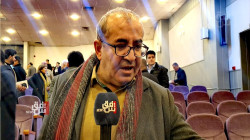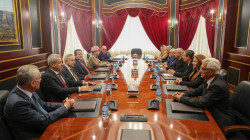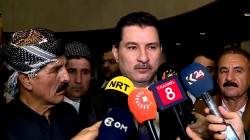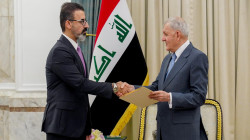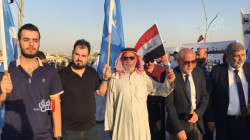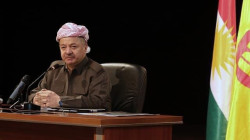Learder Barzani and PM Al-Sudani stress avoidance of tensions between Arabs and Kurds in Kirkuk
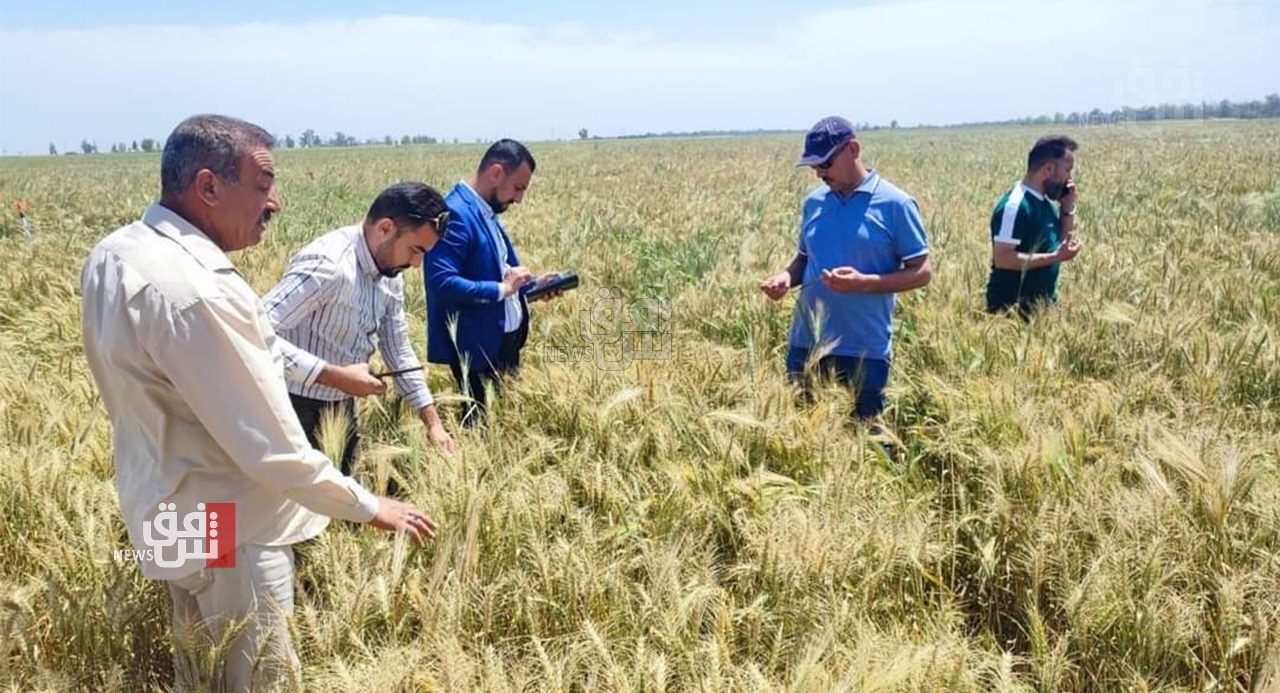
Shafaq News/ On Wednesday, Iraqi Parliament Deputy Speaker Shakhwan Abdullah disclosed deploying a high-level committee to Kirkuk's Palkana village, tasked with resolving disputes between Arab and Kurdish farmers.
Addressing a press conference in the Palkana area, Abdullah announced, "I headed a specialized committee, comprising several parliamentary members to address recent disputes between Kurdish and Arab farmers regarding agricultural lands," pointing out that an agreement has been reached "allowing farmers to resume harvesting their crops following intervention by security forces that temporarily halted the process."
Abdullah confirmed that "PM Mohammed Shia al-Sudani intervened in the matter, and Kurdish leader Masoud Barzani urged during a phone call to steer clear of disputes and issues between Kurds and Arabs. He emphasized the importance of resolving the matters equitably for all parties involved regarding the land."
He also mentioned that "Arab farmers have set a six-month deadline for us to address their situation by providing compensation and resolving their issues with the state, particularly concerning decisions from the previous regime that remain in force, along with matters related to the Northern Affairs Committee and Article 140."
Furthermore, Abdullah commended "the constructive role played by Arab tribal leaders from the Shammar tribe in reaching a mutually satisfactory agreement that addresses the concerns of all parties and resolves the issue in Palkana, situated within the Dibis district, located 45 kilometers northwest of Kirkuk."
Tensions had escalated between Arab and Kurdish farmers in Palkana in the lead-up to the harvest season. Kurdish farmers claim ownership of the land, citing alleged dispossession by the previous regime, which reportedly reallocated it to Arabs as part of a demographic restructuring initiative. Arabs, in turn, have been cultivating and harvesting these lands, leading to ongoing disputes.
The fall of the previous regime in 2003 saw Kurds reclaiming their lands and engaging in cultivation and harvesting activities. However, Arab farmers maintain rightful ownership, supported by official ownership contracts presented to the Iraqi judiciary. Last year, the judiciary ruled in favor of these contracts, bolstering Arab farmers' claims. As the current harvest season approaches, Arab farmers have set up tents on disputed lands to obstruct Kurdish harvesting efforts.
During the previous regime, a deliberate demographic alteration occurred in Kurdish regions, notably in Kirkuk, a disputed area between Baghdad and Erbil. This involved relocating thousands of families from southern and central Iraq, with their civil records transferred to Kirkuk. Financial incentives and land allocations were offered to encourage this migration, which was part of the broader demographic restructuring measures implemented by the regime.
The "security belt" policy depopulated Kurdish villages, redistributing agricultural lands in Kirkuk's belt and surrounding districts as part of these measures.
